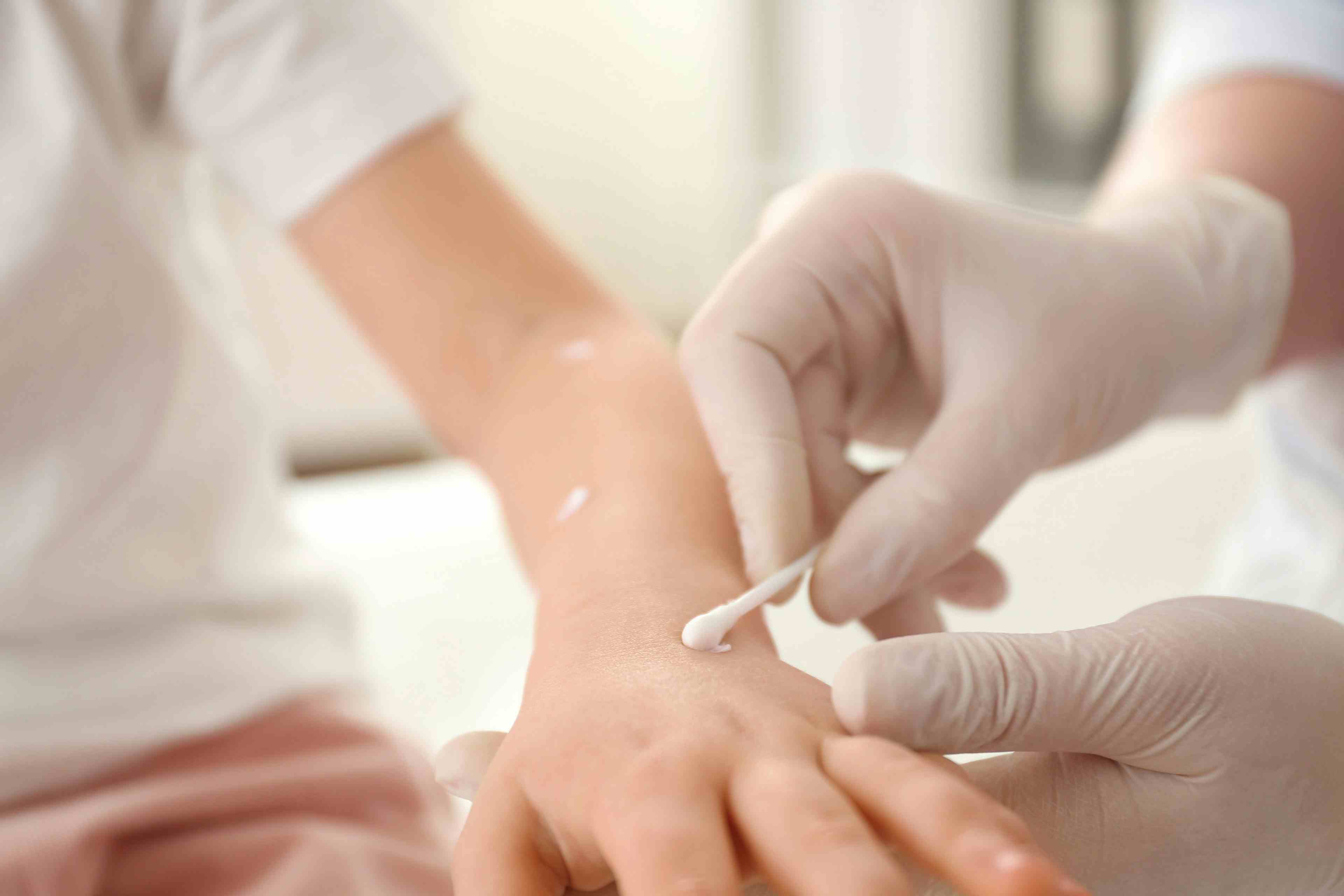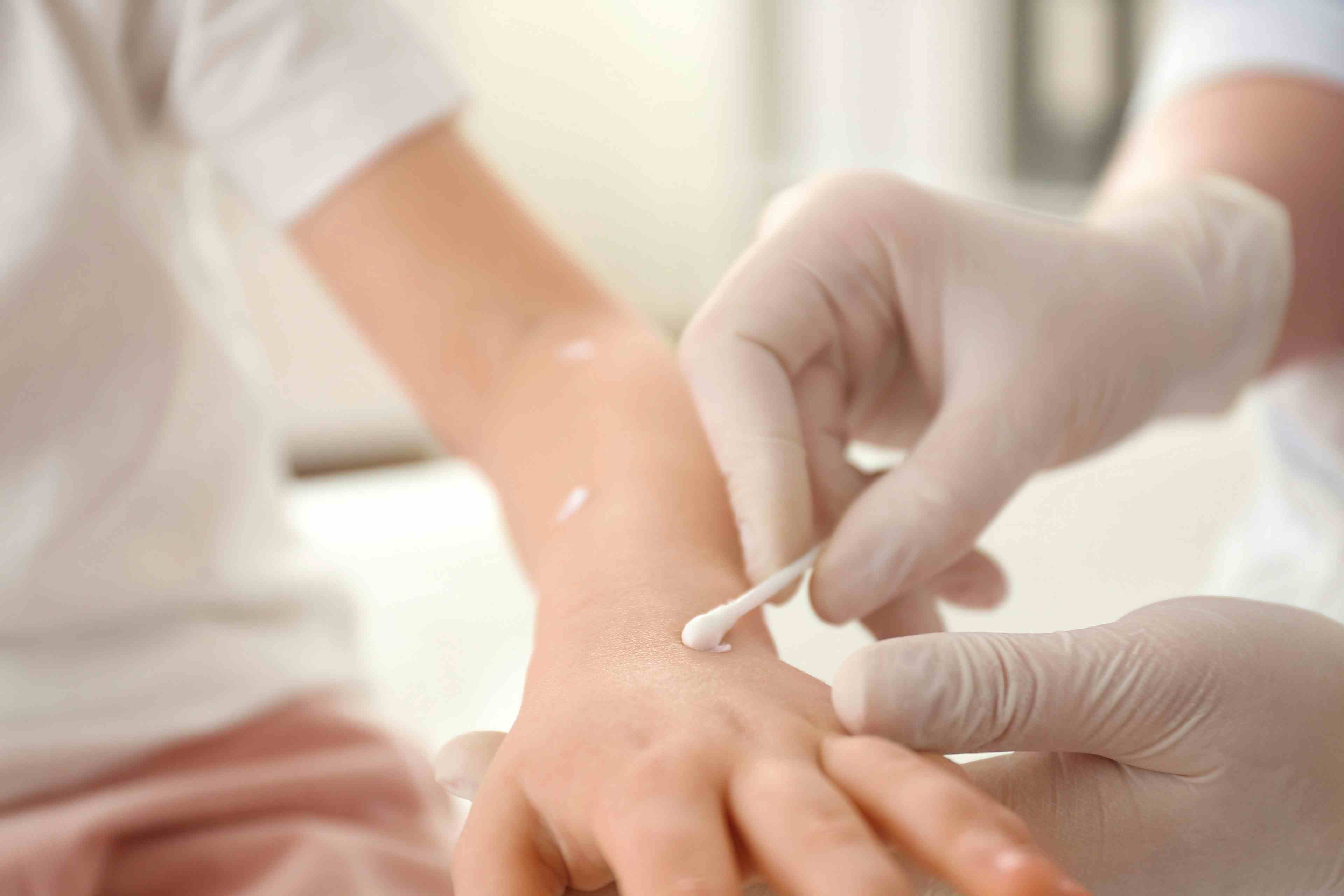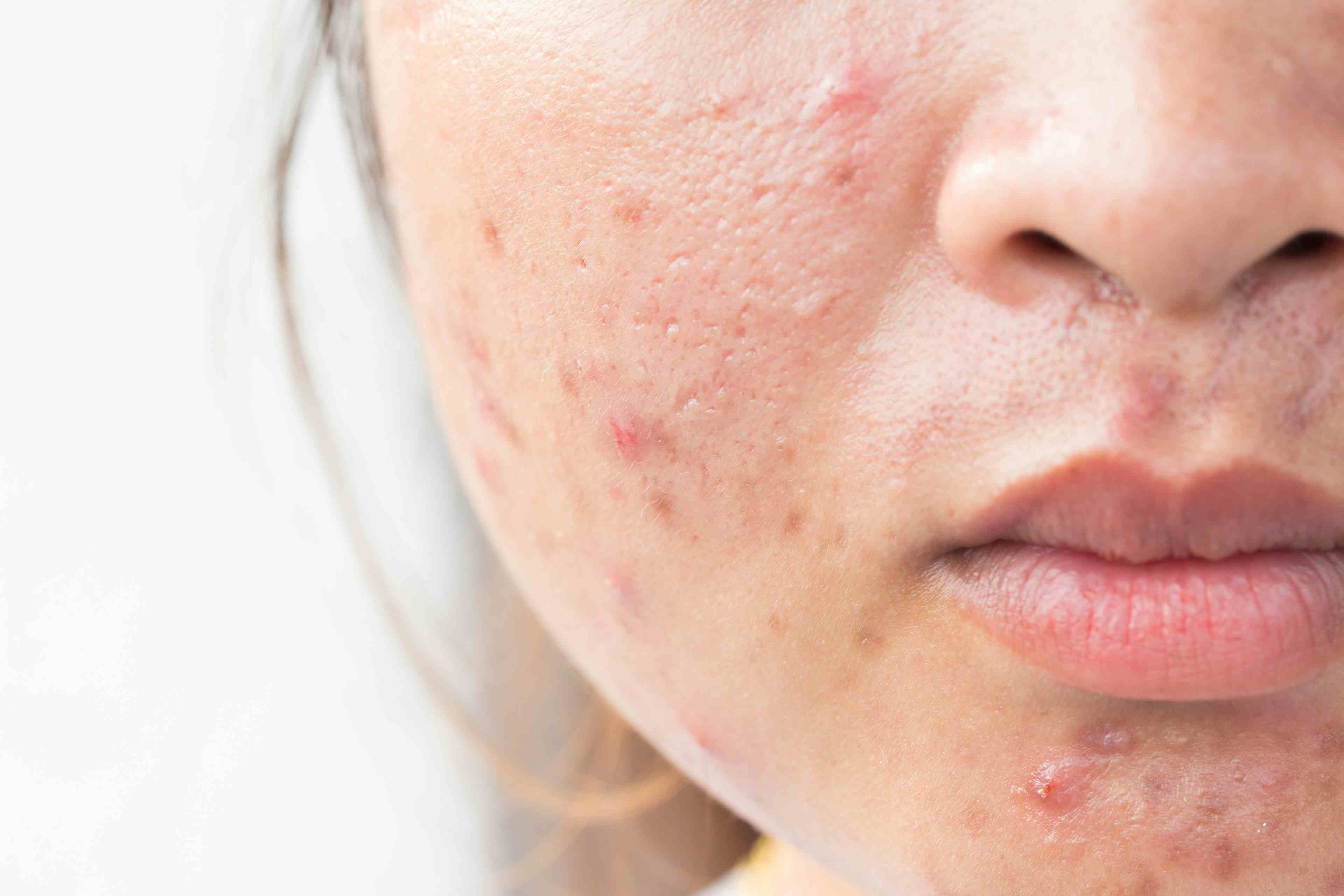- Acne
- Actinic Keratosis
- Aesthetics
- Alopecia
- Atopic Dermatitis
- Buy-and-Bill
- COVID-19
- Case-Based Roundtable
- Chronic Hand Eczema
- Chronic Spontaneous Urticaria
- Drug Watch
- Eczema
- General Dermatology
- Hidradenitis Suppurativa
- Melasma
- NP and PA
- Pediatric Dermatology
- Pigmentary Disorders
- Practice Management
- Precision Medicine and Biologics
- Prurigo Nodularis
- Psoriasis
- Psoriatic Arthritis
- Rare Disease
- Rosacea
- Skin Cancer
- Vitiligo
- Wound Care
Article
Approval of HPV vaccine heralded for implications in preventing cervical cancer
The very recent approval of the quadrivalent human papilloma virus (HPV) virus-like particle vaccine (Gardasil) is the biggest breakthrough in medicine in the 21st century so far because its prevents infection with the virus that is the second leading cause of cancer deaths in women worldwide, says Stephen K. Tyring, M.D., Ph.D.
The very recent approval of the quadrivalent human papilloma virus (HPV) virus-like particle vaccine (Gardasil) is the biggest breakthrough in medicine in the 21st century so far because its prevents infection with the virus that is the second leading cause of cancer deaths in women worldwide, says Stephen K. Tyring, M.D., Ph.D.
"Last year 500,000 women developed cervical cancer and 290,000 died from it. That is 290,000 deaths too many," says Dr. Tyring, professor of dermatology, University of Texas Health Science Center, Houston.
The recombinant vaccine is effective against HPV types 6, 11, 16, and 18, contains no live virus and so carries no risk of infection, and is formulated with adjuvants that allow induction of humoral and cellular immunity.
Initial results reported in an article in the New England Journal of Medicine in 2002 showed that the vaccine was 100 percent effective and safe. Among the females who received the full series of three injections, none had persistent infection or cervical dysplasia nor did any develop serious side effects. A more recent report showed the vaccine provided 99 percent protection at five years and remained 95 percent effective among subjects who received only the first two injections in the series.
Noteworthy as well, the vaccine has implications beyond the prevention of cervical cancer.
"One might extrapolate that because the same viruses are responsible for other anogenital malignancies, the vaccine might also be effective in their prevention," he says. "That has not been well-studied yet, but it is an important consideration recognizing that anal cancer prevalence is skyrocketing and it is becoming a major cause of morbidity and mortality among gay men despite the use of HAART therapy."
Newsletter
Like what you’re reading? Subscribe to Dermatology Times for weekly updates on therapies, innovations, and real-world practice tips.
















